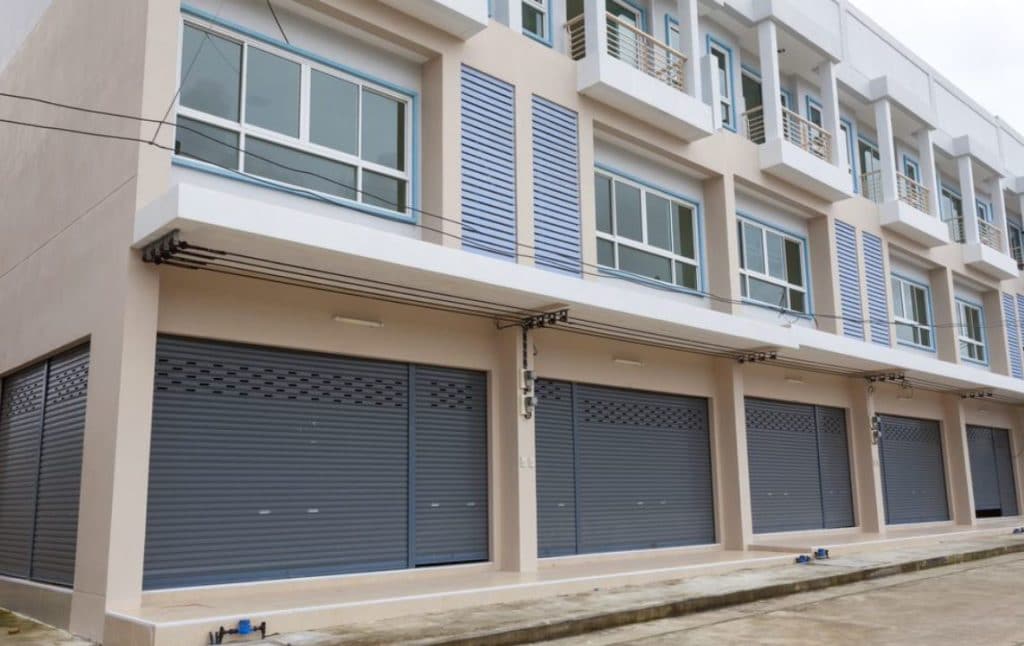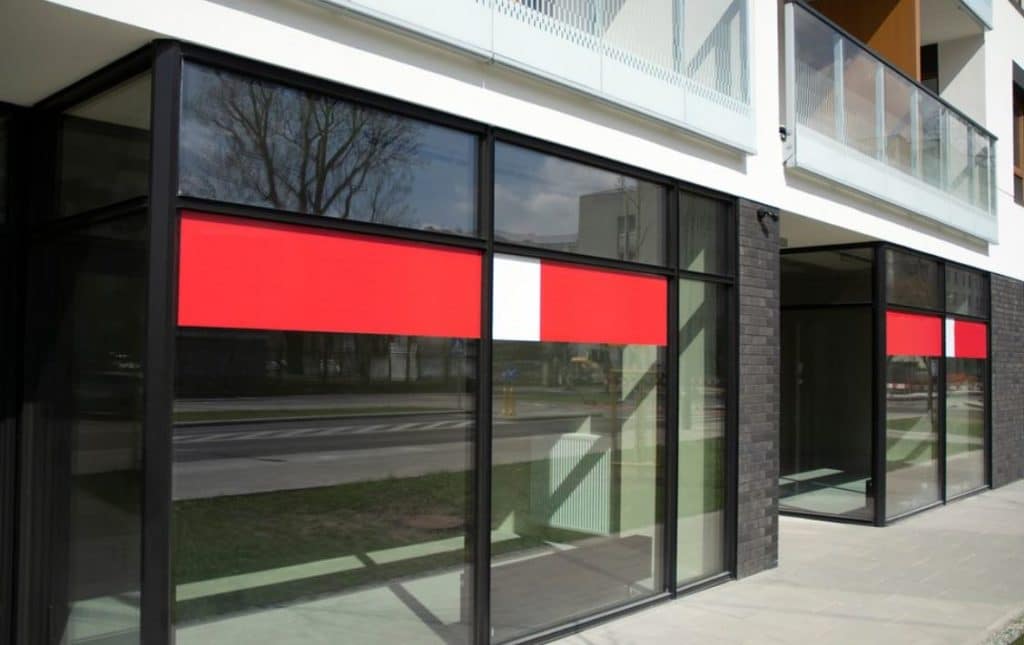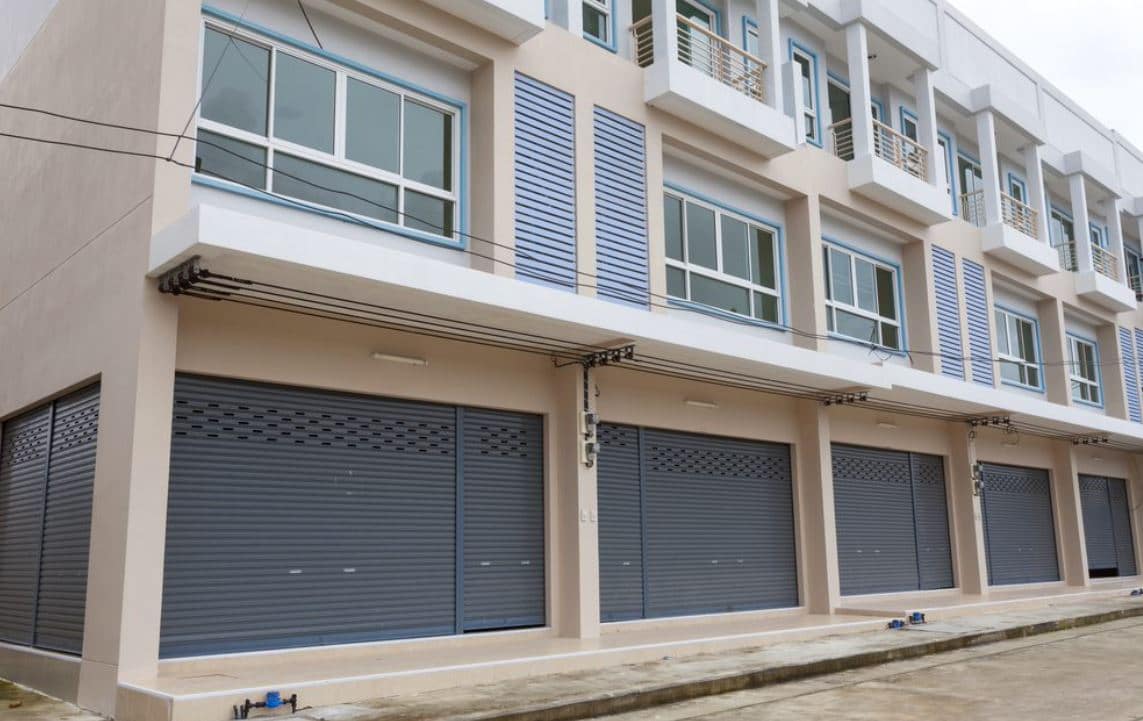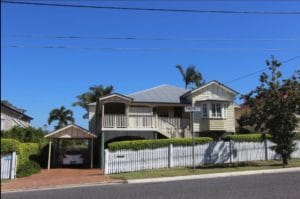
Valuing commercial property can be a little more complicated than valuing residential property because there are more factors to consider. While residential properties are primarily valued on the basis of location, size, and condition, commercial properties can vary hugely in value even when they are the same type or size.
What Is a Commercial Property Valuation?
A commercial property valuation is an estimation of the market value of a business property. Commercial properties include any buildings that are used for business purposes, including offices, retail spaces, leisure facilities, restaurants, and warehouses.
Commercial property valuations are a key stage in the process of buying or selling commercial property, and they’re also essential if you want to procure a loan that’s secured against the value of a property. Commercial property valuations include a physical inspection of the building and its grounds and an analysis of comparable properties that have sold recently or are currently up for sale.
What Factors Do We Consider When Valuing Commercial Property?

The value of a commercial property depends on many factors, including those same factors that impact the value of a residential property: size, location, and condition. As well as this, commercial property valuers must consider what type of tenants occupy the building and what type of property you own. This is because different types of property, such as offices or retail space, can command different prices depending upon their age, location, and condition. Two of the biggest factors that affect the value of commercial property are rental returns and capital growth.
Rental Returns
Rental return is a key factor in the valuation of commercial property. Rental return is the amount of income that can be generated from a property, calculated as a percentage of the property’s value. It can be calculated using different methods, depending on what type of investment you’re interested in:
• A capital growth strategy will focus on projected rental returns and other factors that may drive future capital growth for properties such as lease terms, tenant quality and credit rating, location and size of premises.
• A yield strategy will focus more heavily on current market yields rather than future growth potential.
Capital Growth
Capital growth can also have a significant effect on the value of a property. Capital growth is simply the increase in the value of an asset over time. The more valuable your investment is likely to become in the future, the higher its value is now. There are several factors that affect capital growth and how much profit will be made from them:
• The economy: The state of the global and national economy can impact commercial property capital growth, particularly if an upward or downward trend exists in your sector of the market.
• Location: The area in which your commercial property exists could impact whether your property is likely to rise in value and by how much. Up-and-coming areas can garner higher prices due to this expected increase in value.
Get in Tnhouch
To find out more about our commercial property valuations in Brisbane and the Sunshine Coast, contact us today at Peterson Property Valuations on 0411 514 228.



